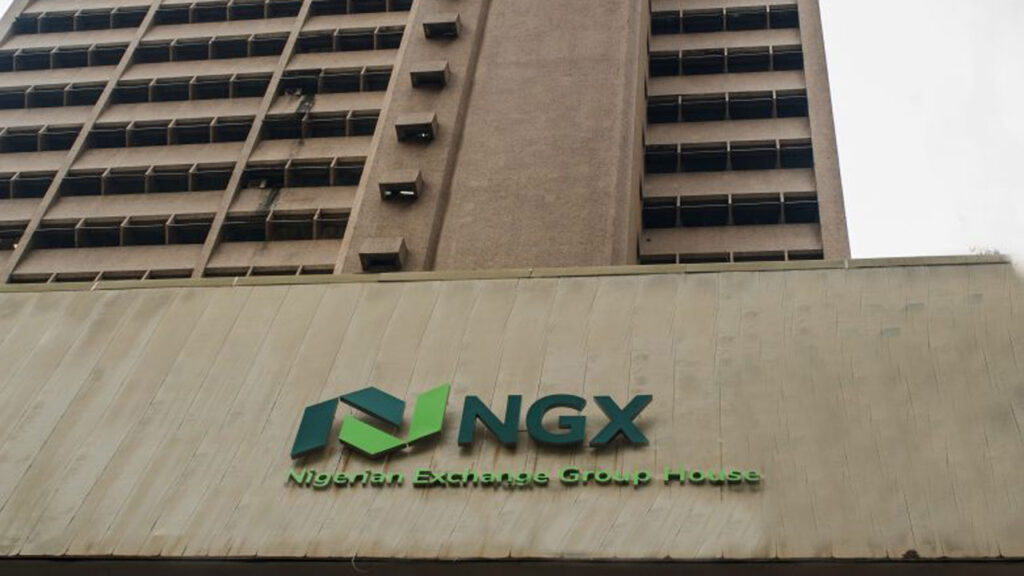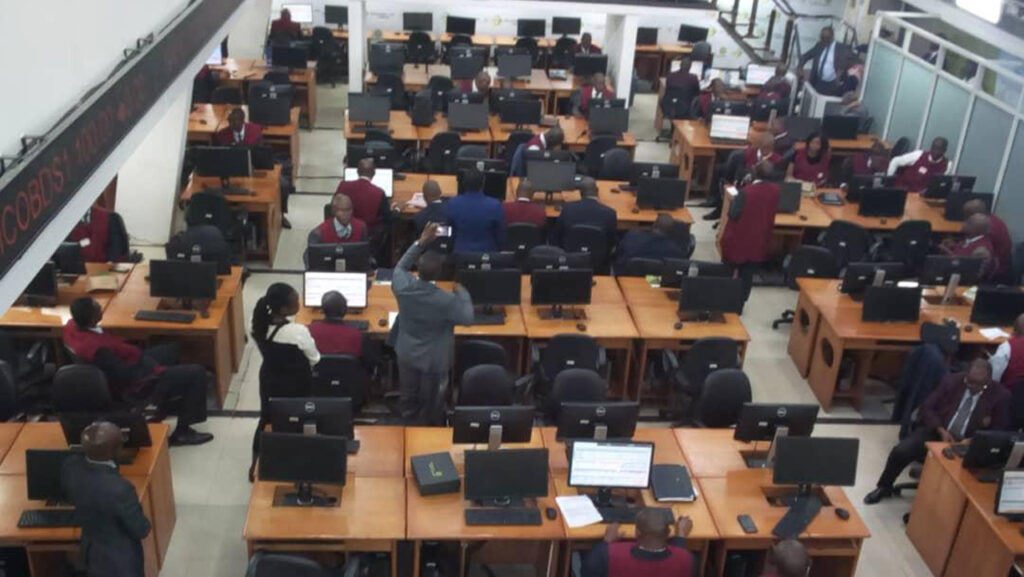
• FGN bonds rises by 3 per cent to N626b in one month
As investors continue to offload their portfolios in the equities market for alternative investments, especially fixed assets, the demand for sovereign securities has continued to rise with the Debt Management Office (DMO) selling N626.8 billion federal government bonds in April.
This amounts to a 2.95 per cent or N17.95 billion month-on-month (MoM) increase over N608.86 billion sold in the previous month.
Similarly, the ratio of the total value of sovereign securities sold by the DMO relative to the amount offered across its auctions in April 2024 was 449.8 per cent and 139.3 per cent for T.bills and FGN bonds respectively, suggesting a sustained demand for sovereign securities.
The central bank, last week, increased the monetary policy rate (MPR) by 150 basis points to 26.25 per cent. Despite the efforts, inflation has been stubbornly high, hitting a record 33.69 per cent in April, eroding consumer purchasing power.
The increased interest rate has also raised the cost of borrowing for real sectors, stifling economic growth.
The benchmark NGX ASI pulled back at the end of the week, halting some days of bull transition on a low traded volume amid selling sentiment and position-taking in some major sectors.
Precisely, the market capitalisation of listed equities which stood at N55.6 trillion on Tuesday, depreciated by N380 billion to close at N55.22 trillion yesterday.
Similarly, the all-share index, which measures the performance of listed equities dipped by 672.82 points or 0.7 per cent from 98.285.33 to 97.612.51.
The banking sector was most hit, following a selloff in UBA (-12.1 per cent), FBNH (-10.9 per cent), Zenith Bank (-8.5 per cent) and GTCO (-6.5 per cent).
Accordingly, the month-to-date and year-to-date returns settled at -0.6 per cent and +30.5 per cent, respectively.
Operators noted that the flow of funds is bound to continue as sector rotation and portfolio rebalancing persists in the face of higher yields in fixed-income markets and sectors that will benefit from the high-interest rate environment, as the market heads to the second half of the year.
According to them, the high inflationary environment has thrown many investment windows into a negative real rate of return.
They noted that last week’s trading pattern suggested the hold-and-watch disposition of market players as traders reduce positions in some sectors and another investment window where returns remain below inflation and negative.
Chief Research Officer of Investdata Consulting Limited, Ambrose Omordion, said the bearish sentiment on the exchange continued as higher interest rates and yields influence the flow of funds out of the equity space fueling continued portfolio rebalancing and selloffs in some major sectors of the market as investors reposition in fixed income instruments and sectors likely to benefit from this high-interest environment
He added: “We expect bearish trend and mixed sentiments to continue as players rebalance their portfolios amid low valuation.”
Head Equity, Planet Capital, Dr Paul Uzum said the market will be bearish in the short term as money market instruments become more attractive for investors who will be selling off some poor-performing stocks to invest in fixed income at the elevated interest rates.
Analysts at Cowry Asset Management said: “Looking ahead, the market is expected to maintain a weak sentiment as investors continue to digest the latest economic data from the statistics bureau, the recent interest rate hike by the monetary policy committee and their attendant impact on investments. The local bourse has continued to fluctuate amidst selling sentiment across major market sectors following a decline in the benchmark index.
“Despite the current market weakness and mixed sectoral performance, the oversold conditions and mixed technical indicators suggest potential buying opportunities for value investors aiming to capitalise on low prices and valuations. Meanwhile, we continue to advise investors on taking positions in stocks with sound fundamentals.”













